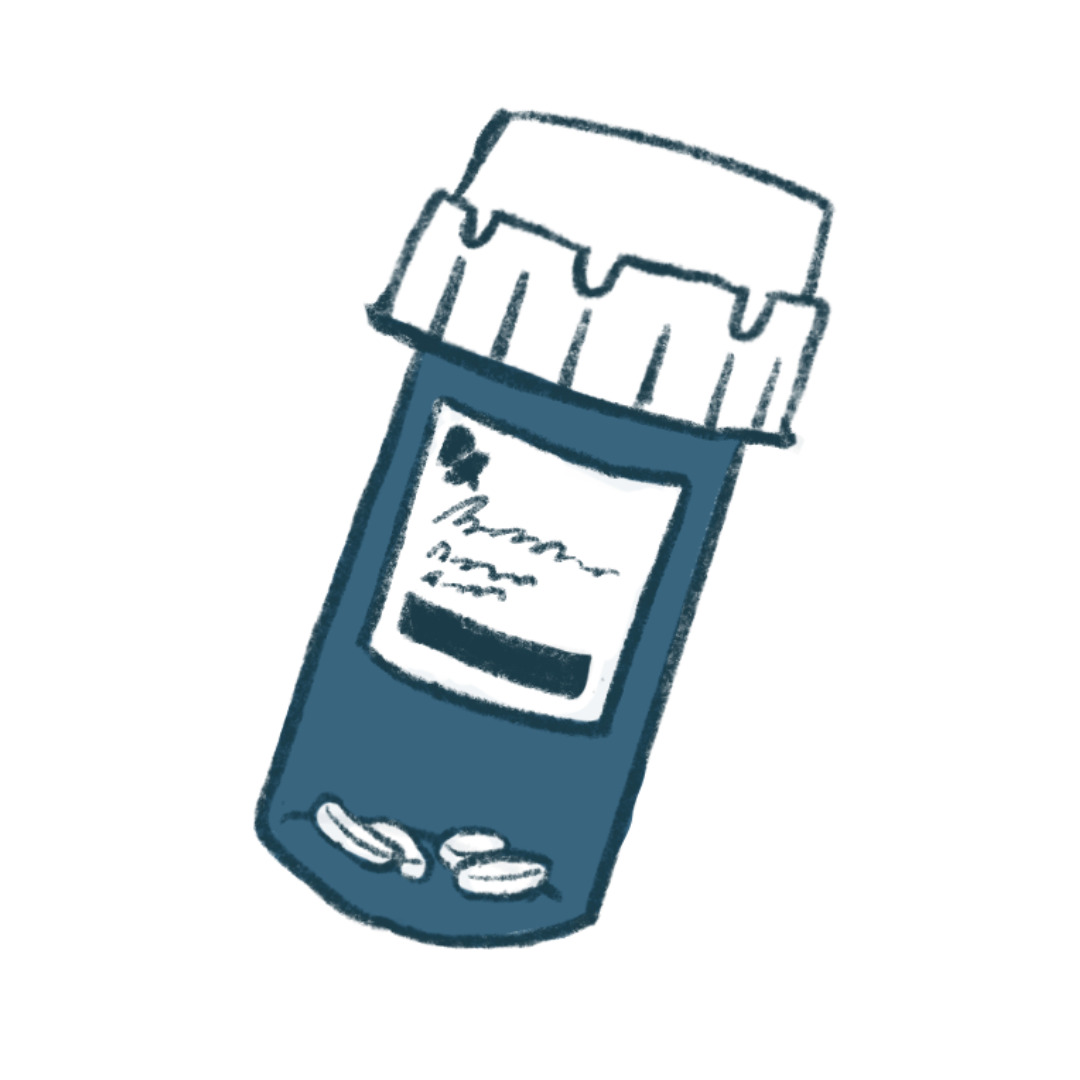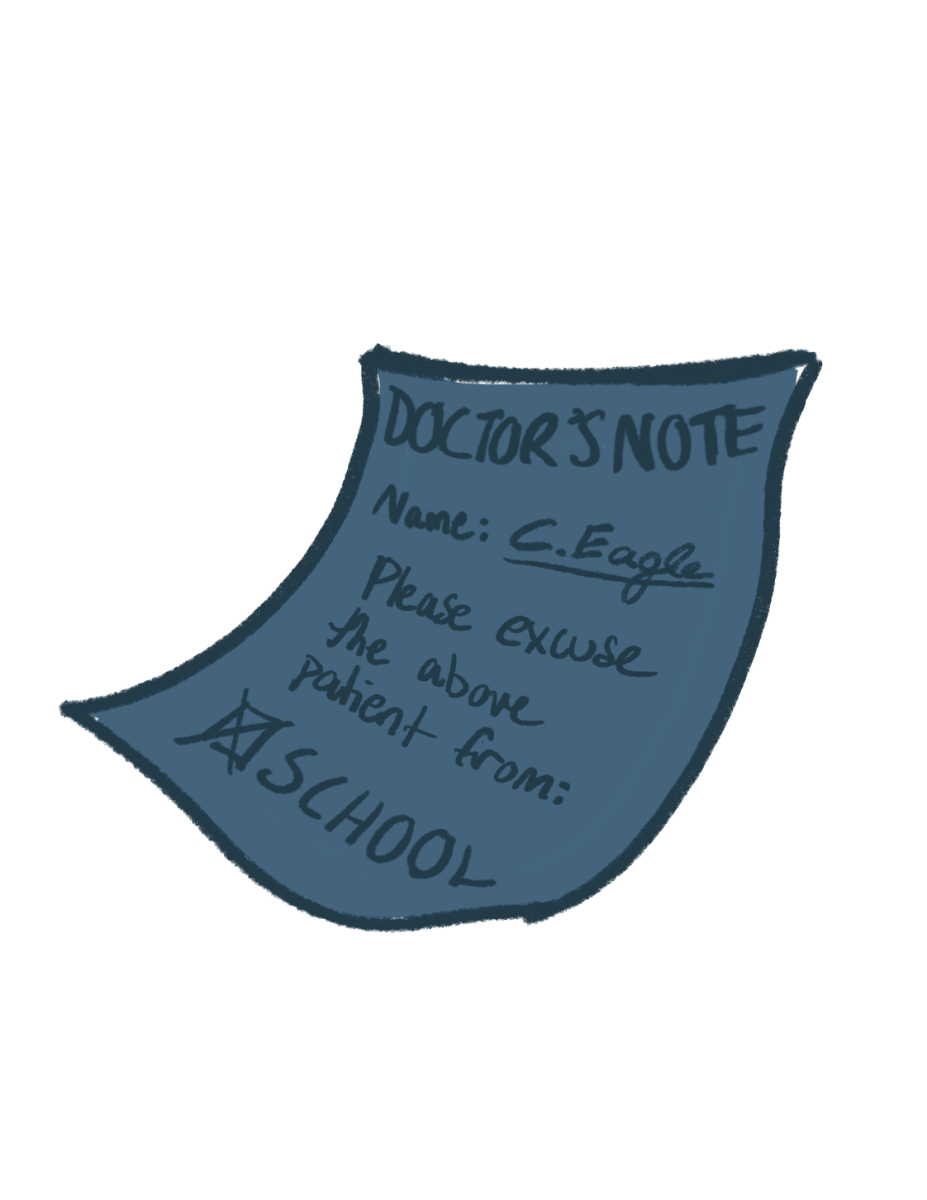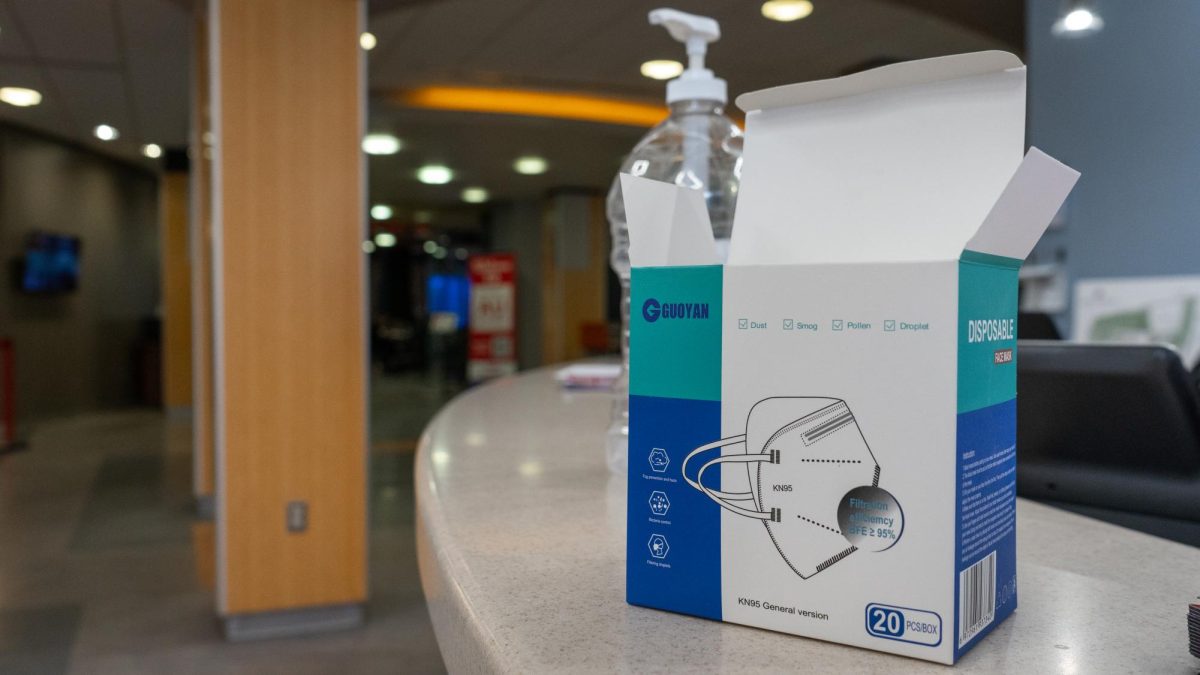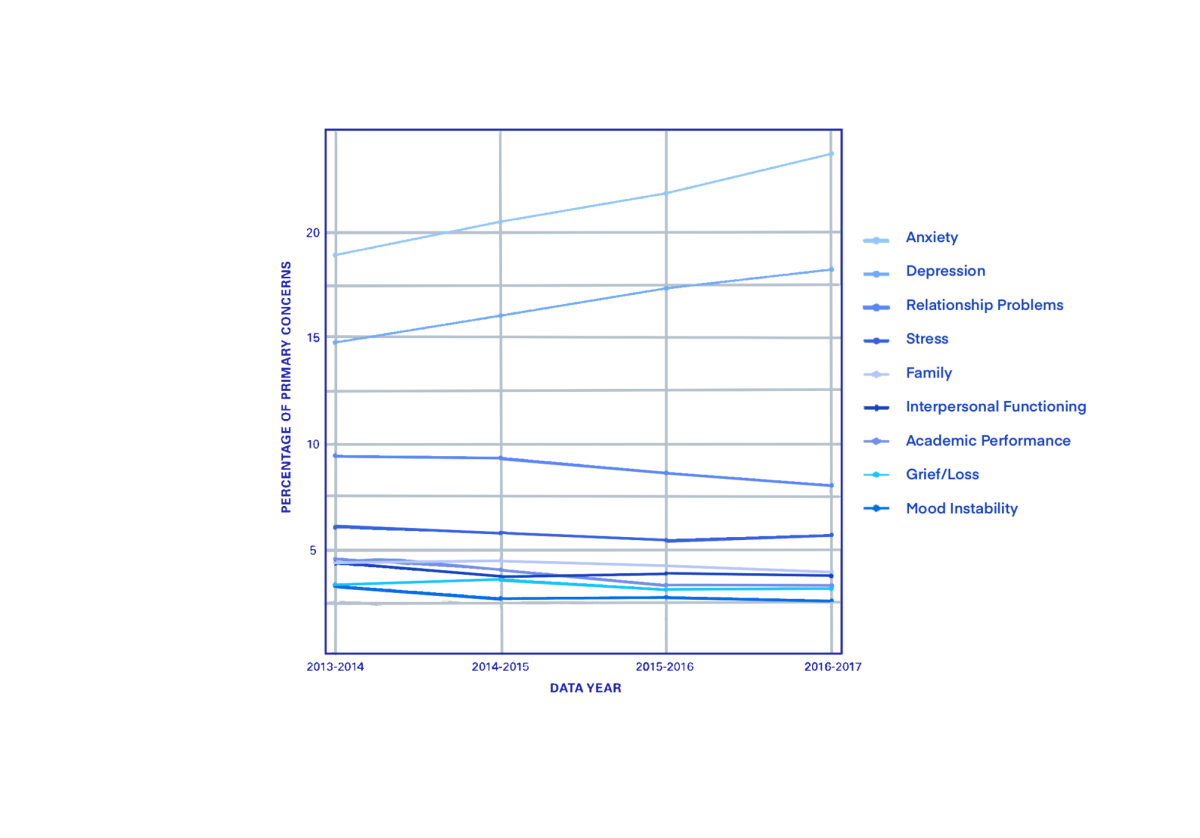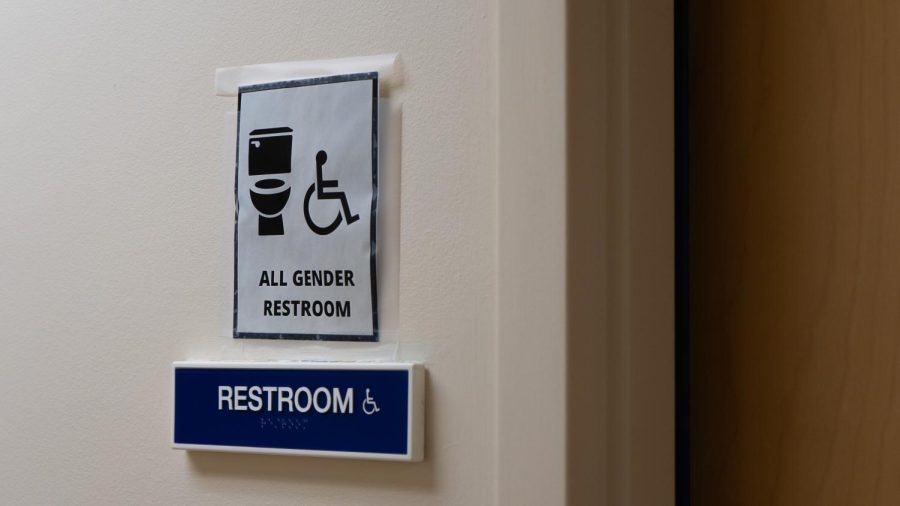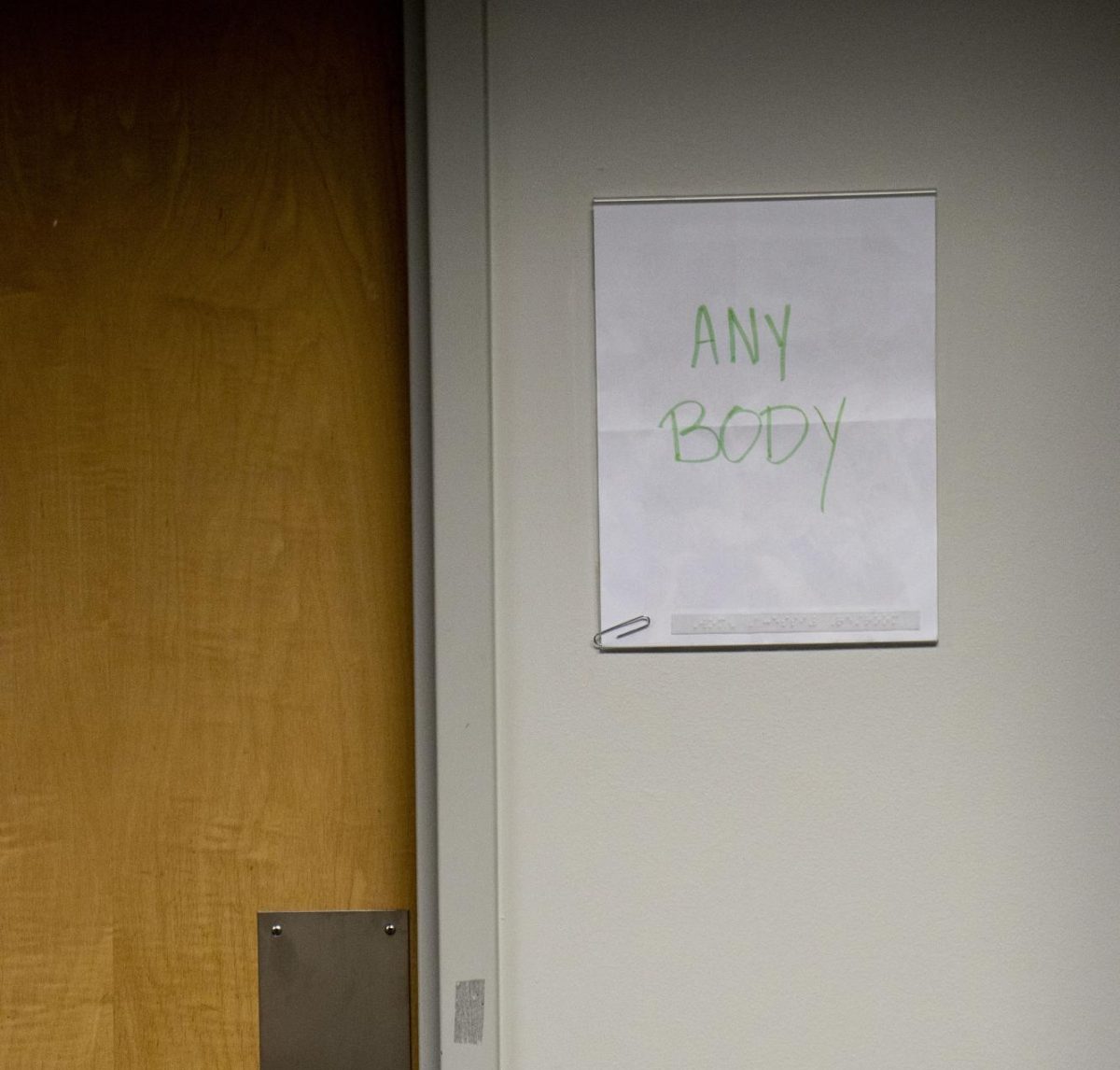American University students who rely on stimulants to treat a variety of conditions face pharmacy delays, insurance requirements, stigma and a national shortage in getting their prescriptions after transitioning to college.
Stimulant medications, such as Adderall, Ritalin and Vyvanse, are used to treat neurological disorders such as ADHD and narcolepsy.
Attention-deficit/hyperactivity disorder in adults is characterized by difficulty focusing, disorganization, poor time management and restlessness, according to the Mayo Clinic. The prescriptions for ADHD nearly doubled from 2011 to 2022, according to the FDA.
While medications are essential for those with certain conditions, they have a significant potential for misuse and abuse. According to a Substance Abuse and Mental Health Services Administration report, an estimated 5.8% of young adults ages 18 to 25 reported stimulant misuse in 2019.
Due to their high risk of addiction and abuse, stimulants are considered a highly controlled Schedule II substance under the Controlled Substances Act, according to the United States Food and Drug Administration. This designation means prescriptions do not have refills, so patients have to contact their healthcare provider to send a new prescription when they run out.
However, Millia Zantello, a sophomore majoring in music composition, said these strict regulations can do more harm than good.
“At this point, it’s so controlled that it’s preventing the people who actually need the medication from being able to take the medication,” Zantello said.
After receiving her ADHD diagnosis at 18, Zantello said she navigated getting her Adderall XR prescription amid insurance issues and a national shortage of the medication. She said the process took several semesters to understand because of the issues that impact her ability to get the medication.
“Sometimes it would be put on hold because it’s controlled and it was being prescribed from another state,” Zantello said.
Because of these experiences, which she said happen nearly every month, she said she is prepared to deal with the various difficulties.
“I have almost a flowchart in my mind of how the conversation goes,” Zantello said. “I know exactly how to get to the point.”
Zantello said it is important to understand what exactly the problem is so she can address the issue directly.
“It’s hard to advocate for yourself when you don’t know what you’re supposed to say because you don’t know what the problem is,” she said.
She said there have been instances where she did not have her medication for nearly a month because of the compounding problems she faced.
“When I am unable to take the medication, there’s the difficulty of just regular ADHD,” Zantello said. “But then there’s the added level on top of that when I’m suffering from stimulant withdrawal. And stimulant withdrawal is awful.”
Sometimes, the issue lies within its limited supply, as pharmacies may not have the medication due to a national shortage that affects the supply of several stimulants. In an October 2022 statement, the FDA announced a shortage of Adderall due to manufacturing delays.
Other times, Zantello said the issue stems from whether the medication on the prescription is the generic or name-brand version.
“You go in to pick it up, and you can’t get the medication because they filled it under the common name and the insurance isn’t going to pick up the common name because it hasn’t been prescribed,” Zantello said.
However, Zantello said the pharmacists she has interacted with have dealt with this issue to the point that it has become routine.
Then, Zantello said the clinic she went to back home in North Carolina closed down, forcing her to move treatment to the American University Student Health Center, but Zantello said she faced the same issues in Washington.
To get her prescription from the Health Center, Zantello said she had to go to an initial appointment focused on going over her diagnosis and current treatment. However, she said she was not able to get the medication after that appointment.
“I had to make another appointment later to actually get them to refill the meds, which I remember was pretty frustrating because my clinic had just shut down,” Zantello said.
Zantello said she felt she was “on the clock” because she needed to get her medication from the Health Center before she ran out of the previous prescription. But overall, she said the Health Center was helpful in getting her prescription.
However, sophomore CLEG major Maya Check said she had a different experience.
At the beginning of the Fall 2022 semester — her first year in college — Check said she tried to move her ADHD treatment to the Health Center because she thought it would be the easiest option.
However, she said this turned out not to be the case. After her doctor sent documentation of her diagnosis and current treatment, Check said she attended an appointment over Zoom with the Health Center. Then, after another appointment over Zoom, she said the Health Center was not able to provide her with the medication she needed.
“I found the Health Center to be completely unreliable,” Check said.
The Health Center, like many medical practices in the country, has been affected by the shortage. Check said this was part of why her medication was denied.
Check said the Health Center was willing to prescribe another stimulant, but not hers or the generic version of hers. Check asked that AWOL refrain from naming the medication out of concern for her privacy.
“I remember that was really frustrating to me because I was like, it’s not like a one-size-fits-all, and I feel like we know that,” Check said.
After the Health Center denied her care, Check said she was distraught.
“It was definitely very anxiety-provoking those first few weeks freshman year,” Check said.
University Communications and Marketing declined to comment on this story and instead recommended that AWOL contact local providers or the FDA.
Check said she was without her medication for days at a time. Eventually, she and her parents coordinated to get her medication from her home pharmacy.
However, Check said she would often forget to tell them when she was running out, which led to her going days without it. She said this affected her ability to go to class or even get out of bed.
“It was terrible,” Check said. “I was miserable. I was a mess.”

Senior Leigh Hanau said the shortage also affected her ability to get her medication. Hanau asked that AWOL refrain from using the name of her medication out of concern for her privacy.
Hanau said that before the shortage, she hadn’t known that a generic version for her medication existed. Then, that was all her insurance would cover, even though the generic version was difficult to find. She said this led to even more issues at the pharmacy.
“Because my insurance won’t cover the one that’s available, I have to pay for it out of pocket sometimes, which is very expensive,” Hanau said. “It’s not ideal.”
Hanau said working with the insurance company has left her frustrated.
“Sometimes I’ll have to call them for a while and deal with them, which is a nightmare, honestly,” Hanau said. “I’d rather deal with like a thousand pharmacies than the insurance company.”
Hanau said she often has to go searching for a pharmacy that has the generic version of her medication in stock, which sometimes means traveling outside of the district.
In addition, Hanau said that when she contacted pharmacies, they could not share whether they had the medication in stock. She said this is because of common concerns about the potential for stimulants to be misused or abused.
“They think that I’m, like, going to sell it, which has always been a problem,” Hanau said. “That’s definitely been frustrating, you know, when they assume you’re drug-seeking.”
Check said she faces a stigma surrounding prescription stimulant use. Check said she accidentally spilled a few pills down the sink. She told her parents about the incident so she could try to get her prescription early to make up for the lost pills. She said this led her parents to question if she was selling her medication.
Check said that peers have asked her to sell it to them, which is why she is not open about which medication she is on. But she said she no longer feels the shame she once felt about being on a stimulant.
“I’ve always kind of seen it as a burden, the whole medication thing, when at the end of the day, like, it’s really not as big of a deal as I think some people make it out to be,” Check said.


